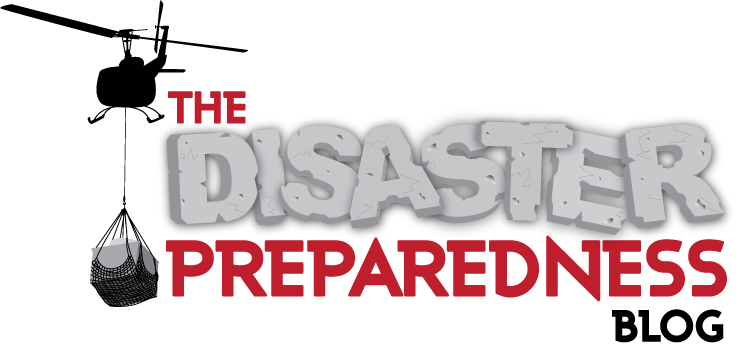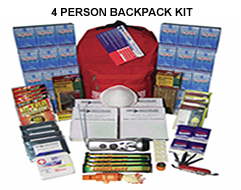Preparedness Issues and Disabilities
 Wednesday, May 27, 2009 at 12:27PM | |
Wednesday, May 27, 2009 at 12:27PM | |  Email Article
Email Article I am currently working on a series for the Disaster Preparedness Blog around preparedness issues and persons with disabilities and received an email this morning from a fellow blogger that did a brief post on the issue.
I feel it is important enough to include here and I'll have more on this topic in the next few weeks.
Excerpt From Security Debrief:
Attended by well over a hundred persons from the public and private sectors, the two-day workshop was an eye-opening experience that showed the challenges, frustrations and enormous gaps that still remain in this country when it comes to addressing the needs of persons with disabilities and special needs. I should know – I was in attendance at the workshop and left the two-day experience moved but extremely frustrated by what I learned.
However, if you are blind, hearing impaired or unable to physically move without some type of assistance, responding to an emergency is by no means easy and the notification systems described above offer little assistance. Your ability to react and respond to challenges is impeded not just by physical limitations but also by means well beyond your control.
Only the State of Texas provides a 24-7, 365 means (that is fully compliant with the Americans with Disabilities Act) of notifying deaf and hearing impaired persons of approaching dangers.
For the entire story please see the posting here: An Unacceptable Reality to Address








